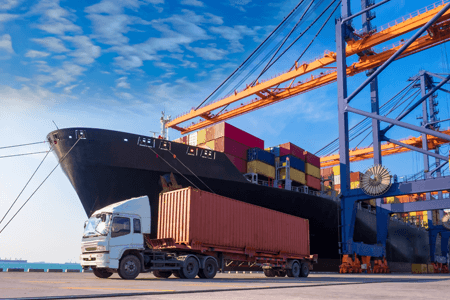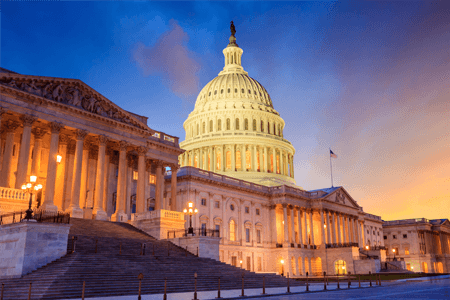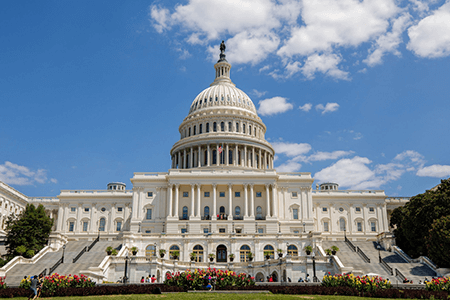WASHINGTON (December 14, 2018) – The American Chemistry Council (ACC) on Friday shared its recommendations for a successful U.S. trade agreement with the European Union, one of the U.S. chemical industry’s most significant trading partners with more than $45 billion in two-way trade in 2017. A majority of that trading volume is between related parties: 58 percent of U.S. chemicals exports to the EU and 80 percent of U.S. chemicals imports, according to ACC analysis.
“The significant volume of trade between related parties is due to the highly integrated and efficient nature of the U.S. and EU chemical manufacturing supply chains,” Ed Brzytwa, ACC director of international trade, said in testimony before the Office of the United States Trade Representative (USTR) on Friday. “Removing both tariff and non-tariff barriers to the free flow of chemicals between the U.S. and EU would yield significant cost savings to ACC members and our downstream customers.”
Prior to the hearing, ACC filed public comments which outlined several of its member companies’ priorities for a beneficial free trade agreement with the EU. The comments echoed similar recommendations ACC provided to USTR earlier in the week on a successful U.S.-Japan trade agreement. Total tariff elimination, including the elimination of the U.S.-imposed Section 232 tariffs on steel and aluminum imports from the EU, continues to be one of ACC’s top priorities.
“The average tariff rate on chemicals trade between the U.S. and EU is 3 percent,” Brzytwa told USTR officials. “Eliminating U.S. tariffs on chemical imports could save U.S. chemical manufacturers $758 million annually. Eliminating EU tariffs on chemical imports would reduce tariffs paid in the EU by $614 million annually.” Brzytwa also urged the Administration to rescind its Section 232 tariffs on steel and aluminum imports from the EU and to avoid the imposition of quotas of any kind on imports of EU steel and aluminum. A complete summary of ACC’s recommendations to USTR can be found in its public comments filed prior to the hearing.
Brzytwa concluded his testimony by calling on the U.S. and EU to work together to address trade-distorting practices by other countries. “ACC and its members stand ready to assist the Administration in the creation of a coalition of allies in the WTO to protect and enforce its trading principles around the globe,” Brzytwa said.



